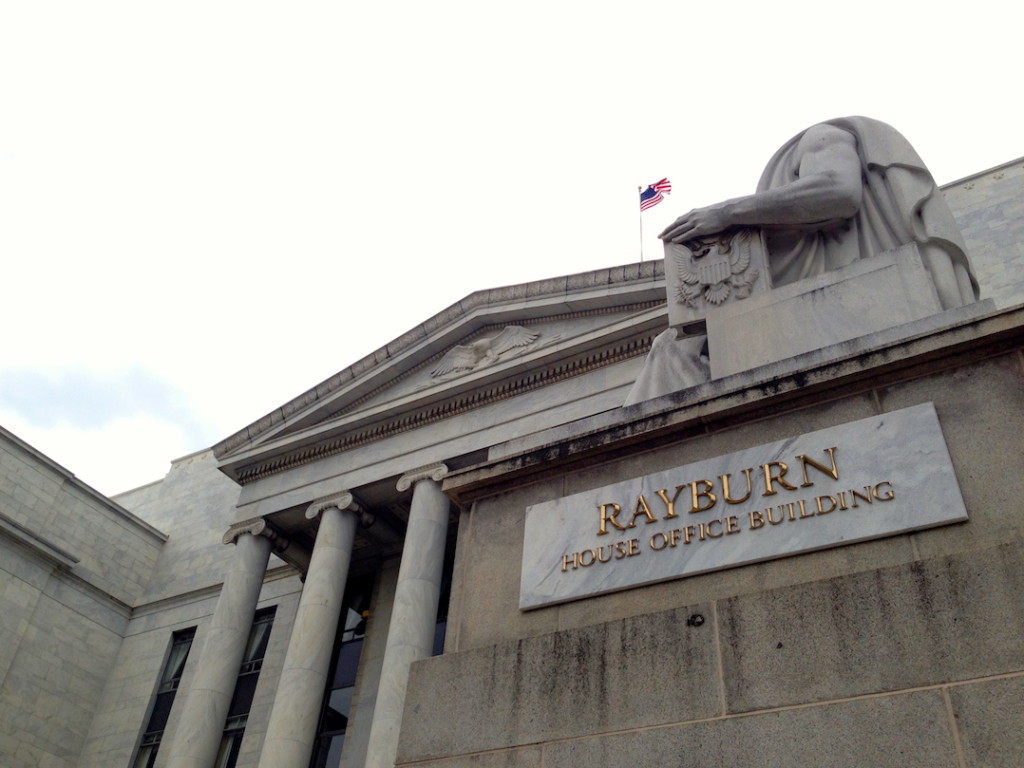WASHINGTON — Members of a key House subcommittee questioned whether the Commerce Department’s announcement that it will relinquish oversight of the Internet domain name system next year leaves important Internet architecture open to manipulation.
Under a 1990s contract with the Commerce Department, the Internet Corporation for Assigned Names and Numbers, a nonprofit group based in California, is responsible for connecting domains that we see as, for instance, Twitter.com with the IP for the company. The U.S. developed the architecture for the network and has had responsibility for its oversight.
In March the Department of Commerce announced its plans to cede its control of ICANN, on condition the nonprofit create an oversight mechanism and gain the trust of the global Internet community.
“The Obama administration should bear the burden of proof for why it wants to make this significant public policy change and whether it is in the best interest of U.S. citizens and Internet users around the globe,” said House Judiciary Committee Chairman Bob Goodlatte, R-Va.
Daniel Castro, senior analyst for the Information Technology and Innovation Foundation, charged that even now – before the change from Department of Commerce control takes effect – it would be extremely difficult for the U.S. to change the announced policy without significant backlash.
However, he and others worry that ICANN could become beholden to the domain name registry industry, which pays ICANN for managing the top-level domain systems.
“We should be very mindful of creating a global organization with little accountability that can effectively tax the Internet,” Castro said, referring to revenues brought in from the domain name system.
Lawmakers alleged that the timing was a reaction to international pressure on the U.S. to relinquish its oversight role in Internet oversight after recent revelations that the National Security Agency had been collecting metadata on foreign leaders.
Lawrence Strickling of the Commerce Department’s National Telecommunications and Information Administration repeatedly defended the proposed end to U.S. oversight of ICANN, noting that since 1998 the goal has been to eventually privatize the function.
The Commerce Department does not exercise any control over policymaking at ICANN, Strickling said. And the U.S. role is largely symbolic. “It’s a global multi-stakeholder community that makes Internet policy today.”
Further, Strickling said that the transition proposal ICANN must submit to the U.S. before the takeover has to address four specific principles: It must support and boost the multi-stakeholder model; uphold the security, stability and resiliency of the Internet domain name system; meet the needs of global customers; and maintain the Internet’s openness.
Strickling added that the Commerce Department made clear it will not accept a deal that replaces the agency’s oversight role “with a government-led or intergovernmental solution,” attempting to assuage fears that an authoritarian regime could one day tighten Internet control while claiming adherence to International standards.
Still, some experts feel there should be more than just internal ICANN oversight.
Paul Rosenzweig, a visiting fellow at the conservative think tank Heritage Foundation, said that times come when people waive or change internal checks and balances, when the checks are allowed to mutate in some way.
“The right answer to that problem is some other form of external checking function that is able to restrict and restrain that mutation when it goes off in adverse ways,” Rosenzweig said, suggesting the creation of an inspector general or external judiciary.
ICANN’s chief executive officer, Fadi Chehade, said it would be virtually impossible for a malevolent group to gain control over ICANN because of its long list of global stakeholders. Citing ICANN supporters such as the Internet Association, Human Rights Watch and the Center for Democracy and Technology, he also said that any change to ICANN’s bylaws are posted publicly, and that it welcomes feedback from everyone.
Chehade likened the situation to that of teaching his two sons to ride bicycles. “I think we’ve been watching lCANN for 15 years, and the training wheels have been largely off, and we’re fine. It doesn’t mean we should walk away … but this is the time to let go, and to show the world how to trust us.”






